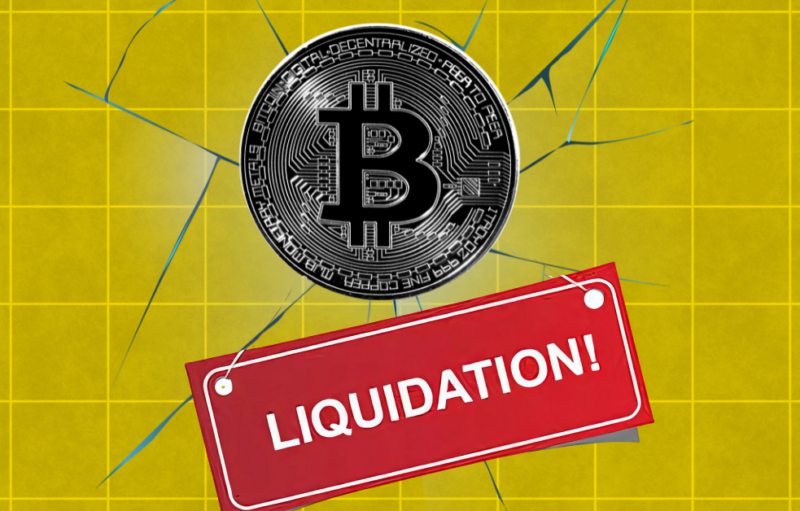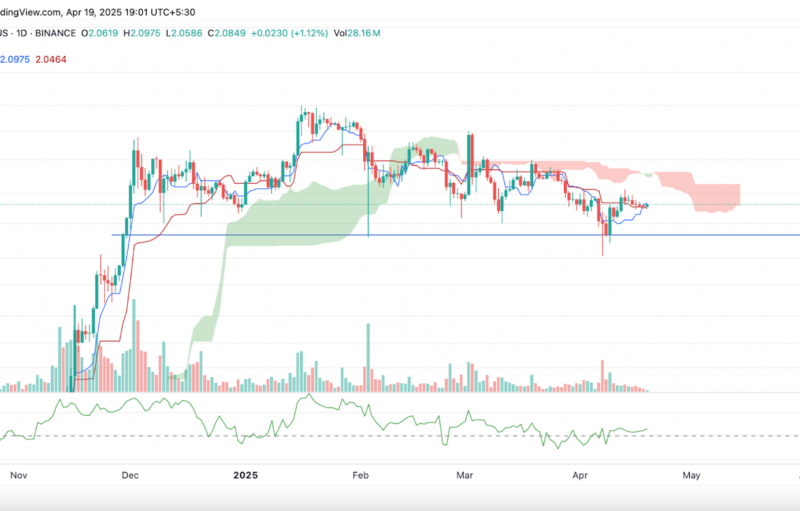European Commission and European Central Bank (ECB) have come together to issue a joint statement about the possibility of issuing a digital euro. Both entities reiterated the fact that the digital currency, if and when launched, will complement cash and “payment solutions supplied by the private sector.”
ECB and EC are both pursuing “their efforts” to ensure “a well-integrated payments sector” to respond to new payment needs in Europe. The statement further read:
Taking account of digitalization, rapid changes in the payments landscape and the emergence of crypto-assets the ECB is exploring the possibility of issuing a digital euro.
ECB will consider whether to start a digital euro project toward mid-2021. Especially after the central bank and the Commission have completed “a period of preparatory work,” following the conclusion of public consultation.
Additionally, the digital euro project would answer “key design and technical questions.” This would help ECB with tools to prepare the launch of the CBDC “if such a decision is taken.”
On 12 January 2021, the digital euro’s consultation ended and claimed to record over 8,000 responses received in an online survey. Fabio Panetta, member of the ECB’s Executive Board and Chair of the task force on a digital euro noted the “high number of responses” to the survey and said:
[This] shows the great interest of Europe’s citizens and firms in shaping the vision of a digital euro. The opinions of citizens, businesses and all stakeholders are of utmost importance for us [ECB] as we assess which use cases a digital euro might best serve.
Further, ECB and European Commission said they were reviewing potential issues that would emerge from a “possible introduction of a digital euro.” They would also jointly look into “technical” levels as well as policy and legal questions with regard to issuing the digital currency.
ECB chief Christine Lagarde has always seen the digital euro in a favorable light. She earlier called central bank money “unique” and claimed that issuing a digital euro might become necessary to “ensure monetary sovereignty” in the region.
However, Lagarde has been critical of crypto-assets such as stable coins and Bitcoin. She referred to them as “highly volatile, illiquid and speculative,” that “do not fulfill all the functions of money.”
The post appeared first on AMBCrypto







